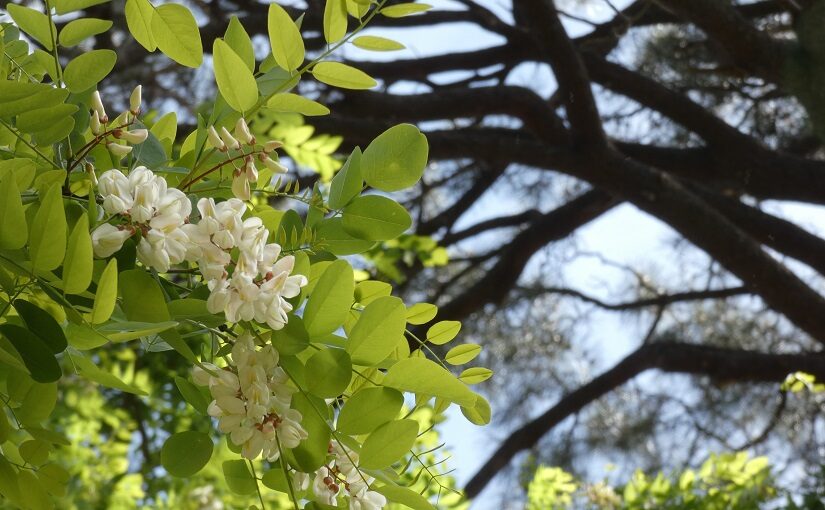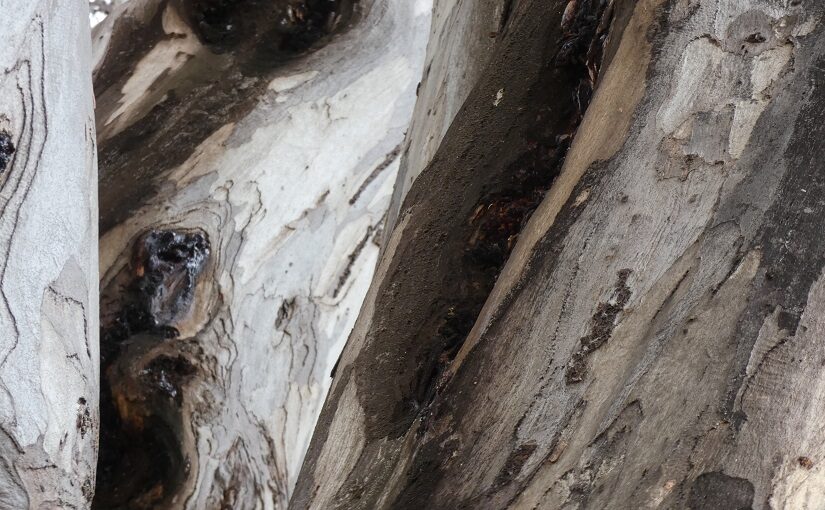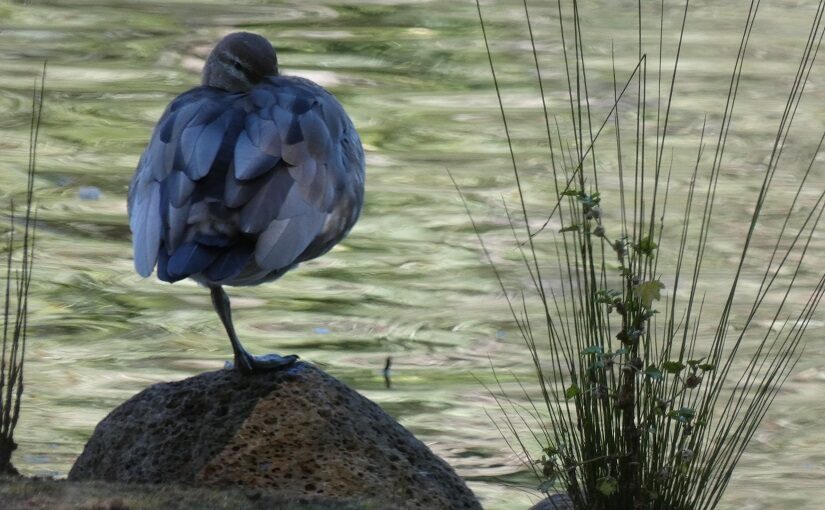If how we think about things, in turn, shapes how we see and respond to them, what does it mean if our lives are increasingly mediated by modern technologies? Almost as if our perception and interpretation of events is now being informed by the very specific ways of thinking that helped build this technology and carve out its place in our lives – the design of it all.
We must be being “trained” by these things: our own ways of thinking subtly reshaped the more we interact with any given piece of technology, until we might struggle to live life without it. Don’t we get acclimatised to every application or operating system we use? The assumptions and logic behind them becoming this unquestioned sense of how things are and should be.
Might it not be that we simply start to “see” life that way? Thinking about all our relationships, choices and experiences in terms of how they’re presented to us – how we’re being guided to see them. All these strange ways the language of technology has been slipping into our language in life over the past few decades: comment, chat, cancel, like, swipe, delete, share.
As if we’re really starting to see things this way, recasting the whole of reality in light of how it’s been presented. The meaning or importance of each aspect of existence perhaps getting shifted in new directions; drawn down certain channels until, over time, we forget things used to be done other ways. Sometimes it seems like a form of behavioural control: all of us isolated, being reprogrammed by our devices.
Isn’t the thought behind how we live quite fundamental? The meanings and conventions of everyday life essentially “being” what life is, where it leads, and the sense we can make of it all. All the details of our lives coming together into this picture full of purpose, function and intention as humans collaborate and relate themselves to one another in the pursuit of mutually beneficial outcomes.
The meaning of it all – the ideas we have in mind – can’t be unimportant? This sense with which everything we do is accompanied by some kind of thought about why, what it means, how it helps. Our understanding of life hopefully trickling down to inform all the decisions and activities we make part of our lives; everything having its place and serving its purpose, either individually or collectively.
It just seems so strange to think that algorithms might be redesigning our lives, our shared existence and who we are as people. That all the complexity of human societies might be reduced to some codified version of themselves which then evolve in weirdly distorted ways. As if the tried and tested fabrics of our lives might be rewoven in all these new patterns; potentially lacking the truth or meaning they once contained.
There might be very little choice now over the roles technology will play in our lives, but aren’t the thoughts we have in mind distinctly our own responsibility?
Notes and References:
Social starting points for modern ways
Losing the sense of meaning
Is this the ultimate test?
“Response Ability” by Frank Fisher
Where would we stand if this were lost?
Too much responsibility?
Seeing that things mean
Does technology oversimplify things?
Learning all we need to know
If environment shapes us…










